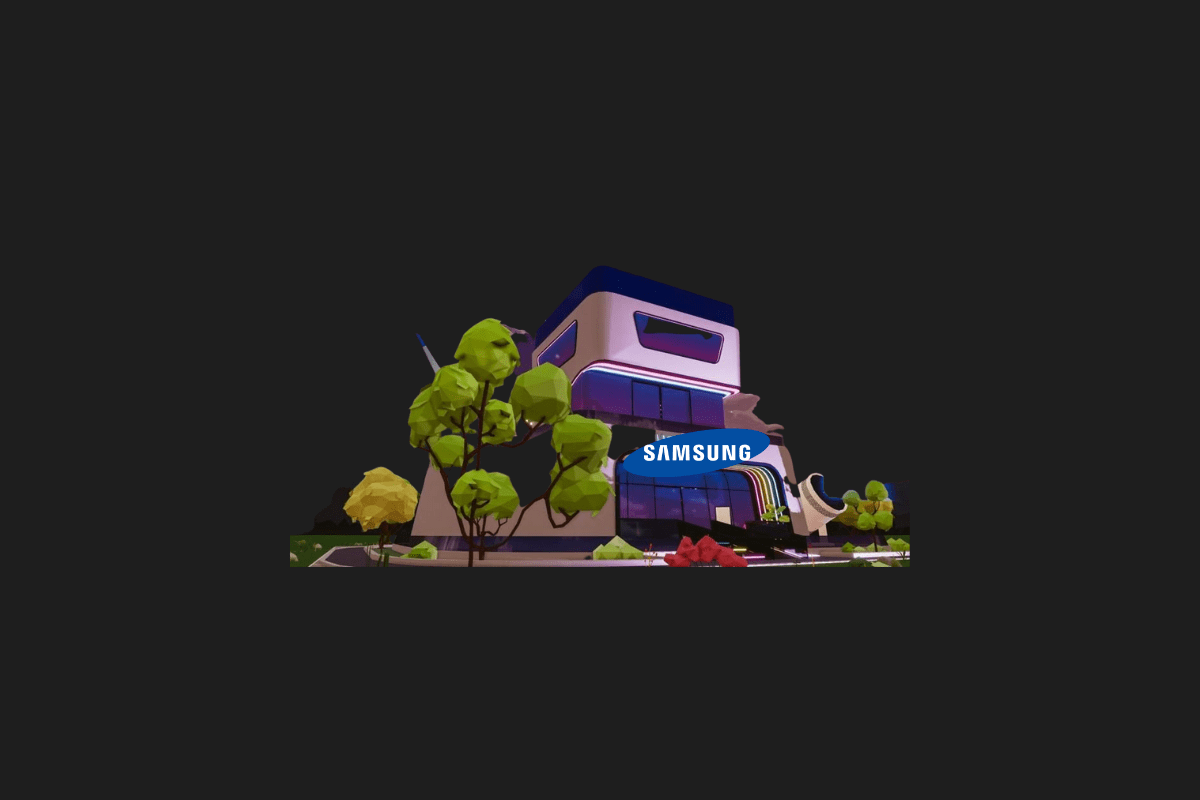The concept of the “metaverse” is met with varying degrees of seriousness; some view it as a transformative innovation, while others regard it as an impractical idea.
One significant reality is that if our lives shift to this virtual world, it will completely alter our office dynamics.
The term “metaverse” was coined 30 years ago by author Neal Stephenson. A pivotal moment in turning this fiction into reality occurred in December 2021, when Facebook rebranded its parent company as Meta.
This spurred various companies to acquire “plots” in the metaverse, and brands like Nike started designing and selling virtual sneakers. The pandemic has already drastically changed our lives, significantly impacting the traditional office structure.
The shift away from the standard 9-to-5 work schedule and conventional office setup is already underway. Meetings have gone virtual, and work life now operates in a hybrid model.
According to an analysis on BBC Turkish, it might take years before the daily commute becomes a virtual reality. However, Herman Narula, CEO of Improbable and author of “Virtual Society,” finds Meta CEO Mark Zuckerberg’s vision of the metaverse unconvincing.
Stanford University’s study reveals that 20 minutes in virtual reality can generate 2 billion individual body movement records, offering a rich data stream for companies.
Alex Rice, co-founder of HackerOne, notes that companies need to invest significant time in designing their metaverse presence.
He highlights the implications of casual office conversations occurring in a constantly monitored metaverse.
Tom Ffiske, editor of Immersive Wire, believes it’s premature to assume we’ll work in the metaverse, citing ongoing challenges and controversies in defining the term.
Despite uncertainties about the metaverse’s definition, there are predictions of its substantial market potential.
McKinsey estimates the metaverse’s market value could reach $5 trillion by 2030. Gartner forecasts that by 2026, at least a quarter of the global population will spend an hour daily in the metaverse.
Contrarily, Matthew Ball, principal analyst at Canalys, is skeptical, believing that metaverse projects might completely fold by 2025.
